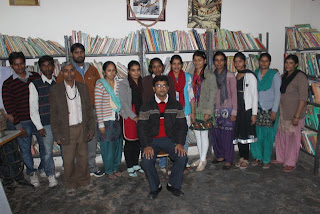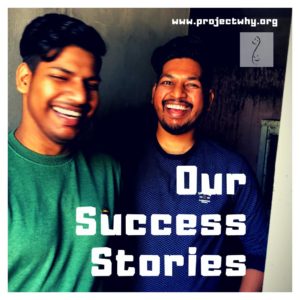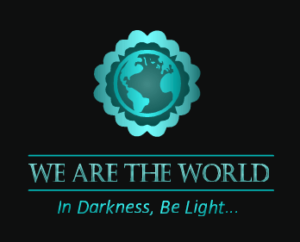Life is full of synchronicity. Three totally unrelated events occurred almost simultaneously. Whilst reading Chetan Bhagat’s What Young India Wants I stumbled upon his take on the 3 traits that are responsible for all that is wrong in our country. Servility that is taught at school, numbness to injustice that comes from our environment and divisiveness that sadly comes from our home. The second event was a news item that flashed on the TV screen. In UP, that was till recently rule by a Dalit woman, children refused to eat their midday meal because it is cooked by a Dalit. And the third unrelated event was a list of the staff of the women centre stating their social profile. I must admit that I had never till date asked for such information as to me it is totally irrelevant, but was recently asked for a project profile that needed to be submitted to the authorities and where we needed to highlight our ‘achievements’. I must say that I was thrilled to see that ALL the staff of the women from top to bottom centre belonged to what goes as Reserved categories (SC, ST, OBC etc).
I must admit that I have always felt uncomfortable with any reservation policy. To me anything that divides society is not only wrong but can only spell disaster. I think recent history has proved that. It is true that affirmative action has been a way to deal with discrimination. India chose this way to ‘help’ its oppressed castes by establishing a system of quotas. This was meant to last a decade post independence, a time by which if all had gone as envisaged everyone would have been on a level playing field. But over six decades down the line this system continues and far from acting as a leveler, has in fact been the most divisive factor. Today, reservationsin some states has gone way above 50%, thereby defeating the very purpose it was created for. Today it has become a political a great political tool. Today the situation is such that a third generation learner having been to the best educational institutions can avail of the quota system while the poor son of a illiterate high caste individual has to compete with the creme de la creme. I remember the argument I once had with the daughter of a senior official who was a Oxford alumni and my class fellow, when she applied for the civil services examination on a quota as her father belonged to a backward community. I personally felt that she had the competence to succeed in an open examination and could not understand why she preferred to be ‘branded’. To me the success of any affirmative action policy should be to ensure that after a given time, every one should be able to compete equally.
Apologies for this digression. To come back to the 3 events, it is sad, that even after 60+ years of Independence, caste remains such a divisive factor. The children who refused to eat a meal cooked by a Dalit are the product of the divisiveness Chetan Bhagat’s mentions, one that is taught in the homes and as long as this continues, no affirmative action or reservation policy is going to fulfill its purpose. What is needed is to have an inclusive approach based on talent and aptitude. Give people a chance to prove themselves and believe me they will surprise you. Give all the support that is needed at the starting block: schools. Extra classes, extra nutrition, extra everything to ensure that the underprivileged child catches up with her peers and competes on an equal footing. Sadly that is not the case at all.
In the case of the children refusing to eat the food made by a Dalit, the fault lies with the families where one learns about differences, about those who are not good as ‘us’. Children’s minds are impressionable. I remember once when I was quite young hearing my father tell my mother how Japan (I think it was Japan) had voted against India in some UN meet. Though the conversations was not meant for me, I recorded the fact and stop talking to two of my class mates who were Japanese. I would have carried on, had not things been set right by my mom when at my next birthday, I told her that I was not inviting Yoko and her sister. She was quite surprised and asked me why. On hearing the reason she laughed and set matters right. It is time we stopped this.
When we decided to set up our women centre, we chose the best person for the job. Quite frankly his cate or creed was of no consequence. I was looking for someone I could trust, someone who was sensitive to the needs of the people we worked with, someone who was hard working and so on. Over the years, from the time we decided to employ staff from within the community, these have been the criteria we look for. Never did it cross our mind to find out social profiles. Today it is with great pride that I look at my incredible team. That they belonged to what is know as reserved categories vindicates my stand. What we need is to provide an even playing field and then sit back and watch. This is the kind of Affirmative Action that is needed to change India.





